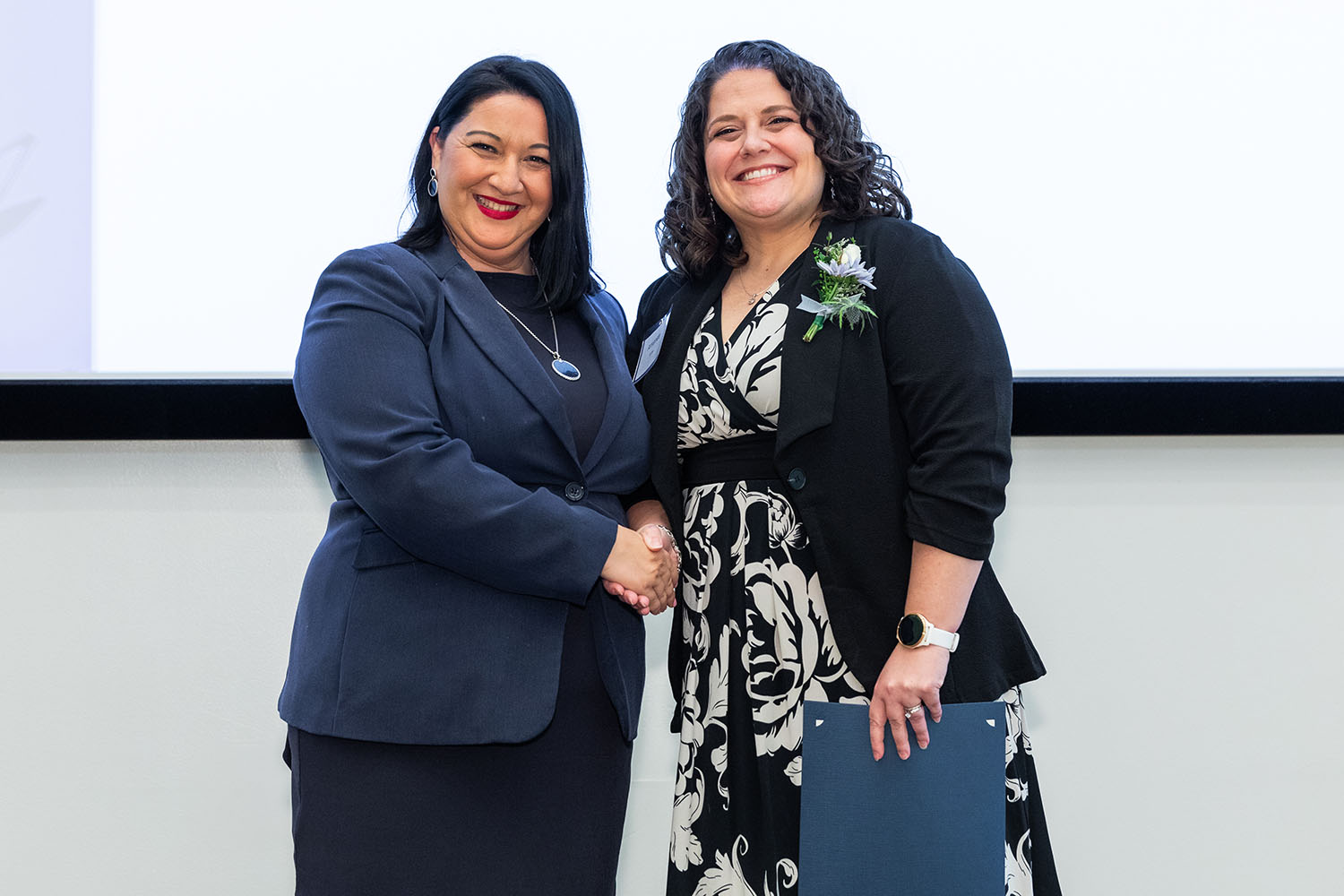This is the first in a series of “My Persepolis” guest posts in which readers around campus share their thoughts about Persepolis and their experiences reading it. I was very happy to invite Brandon Murray to inaugurate this series. Brandon received bachelor’s degrees in philosophy and English from UConn and an MA in English from the University of New Hampshire. After deciding to make a career in higher education administration, Brandon returned to UConn and joined the staff of the Provost’s Office. He has been a member of the UConn Reads Steering Committee since the beginning, and we have relied on his thoughtfulness, good humor, sensitivity to students and the community – and his astonishingly detailed knowledge of the University – to make this program a success.—Anne D’Alleva, Chair, UConn Reads Committee
As a member of the UConn Reads Steering Committee over the past three years, I’ve read a wide range of books during the selection process. All of the books – either selected or left for another year – have had their unique challenges and advantages. There are, in essence, three questions to consider when selecting a community book: Do we, both as readers and the Committee as a whole, enjoy the book? Will our enjoyment transfer well to a wide audience of students, alumni, faculty, staff, and the greater-Connecticut community? Will the book’s content keep the “buzz” alive for the rest of the year?
With Persepolis, the answer was yes, on all accounts. Its encompassing tale of history, religion, revolution, and growth, elicited strong praise from the Committee. Even more than this, Persepolis presented the Committee with a new medium – the graphic novel – and, for me, it brought back memories that I gained while a UConn undergraduate.
As a junior at UConn, my roommate introduced me to the American poet Charles Bukowski. I read his poetry with interest over the next few years, taking an anthology with me on vacations, to graduate school, and then back to UConn and a new job. Over that time, I read one of Bukowski’s later poems, “Bluebird.” A portion of the poem reads: “there’s a bluebird in my heart that / wants to get out / but I’m too clever, I only let him out / at night sometimes / when everybody’s asleep. / I say, I know that you’re there, / so don’t be / sad. / then I put him back, / but he’s singing a little / in there” (Bukowski, The Last Night of the Earth Poems, 1992).
These words came to me, time and again, while reading Persepolis, as Marji’s life traveled from the once-idealistic revolution of Iran, to government crackdowns and fear veiled in “popular” support, and then to Austria, where her life was filled with romance, dancing, youth, and poverty.
At each phase of her journey, Marji’s “bluebird” sings to her. At times, it sings to her about Uncle Anoosh, or, at times, it sings with the presence of god. In Austria, it sings to her when she pushes away her heritage, nudging her to push back, leading her to shout at her classmates “I am Iranian and proud of it!” (p. 197). Maybe most importantly, it sings to her after her grandma chastises her for her dishonesty: accusing a young man of insulting her, which leads to his arrest, then gloating and laughing about her accomplishment. She redeems herself in Grandma’s eyes – through a small rebellion against the beliefs of the religious order and their hypocritical treatment of women and their attire – and her bluebird sings a little louder.
As she prepares to leave Iran for Paris, she highlights the deepest aspects of her Iranian heritage and her personal character: “I went on a trip with my grandma to the shore of the Caspian Sea, where I filled my lungs with that very special air that doesn’t exist anywhere else. I went to my grandfather’s tomb, where I promised him that he would be proud of me. I also went behind the Evine prison where the body of my uncle Anoosh lay in an unmarked grave, next to the thousands of other cadavers. I gave him my word to try and remain as honest as possible” (p. 340).
At the memoir’s end, Marji keeps her “bluebird” singing through a journey both personal and universal, and she finds her identity in the landscape, history, and soul of Iran, even when miles away.



